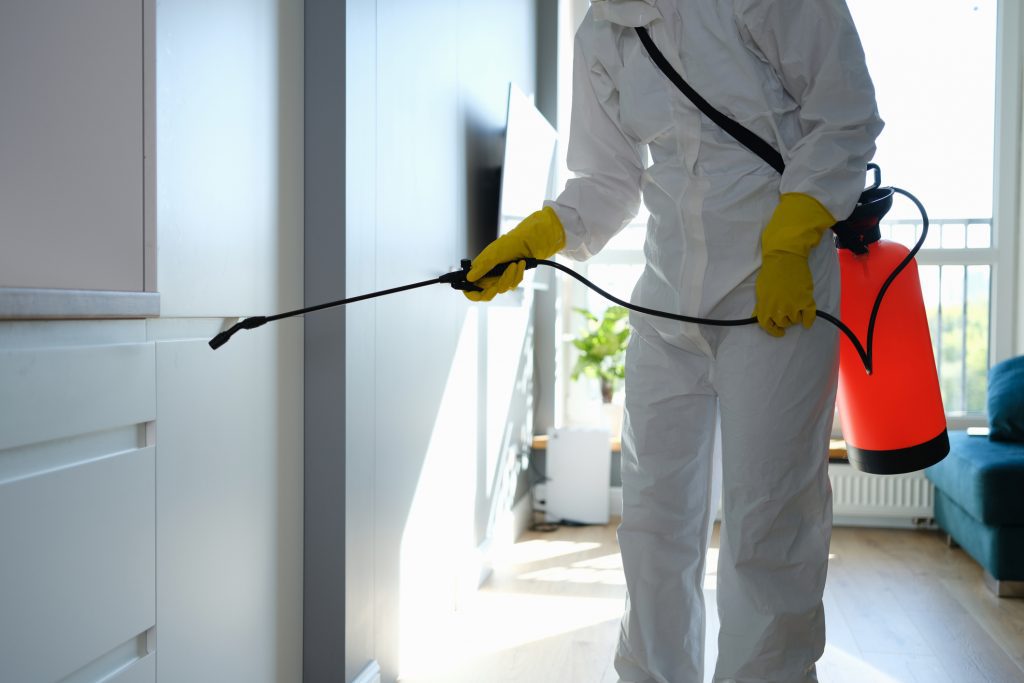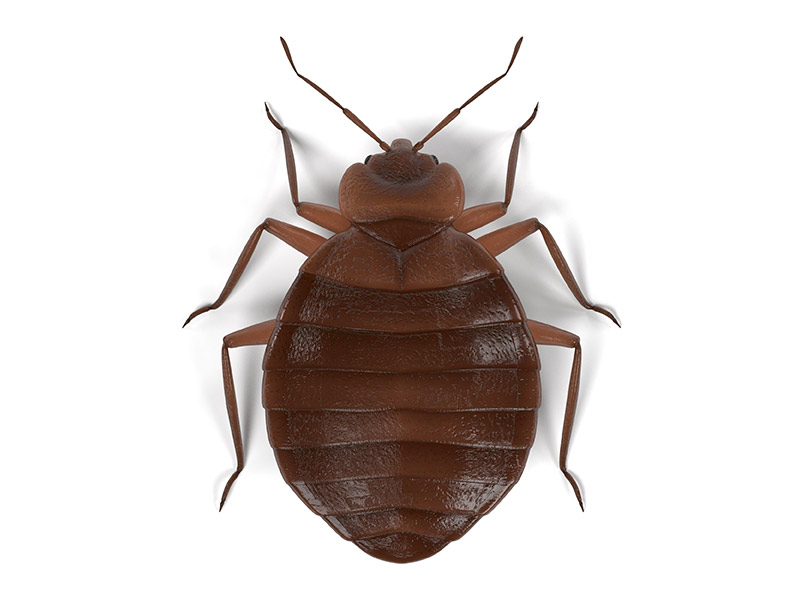Pest Control in Port Charlotte solutions for residential and business properties.
Pest Control in Port Charlotte solutions for residential and business properties.
Blog Article
Exploring Innovative Techniques and Products for Effective Parasite Control
The landscape of parasite control is progressing, noted by the introduction of innovative techniques and products created to boost efficiency and sustainability. From wise traps geared up with advanced surveillance systems to organic techniques that employ all-natural killers, these developments provide a standard shift in just how we approach pest administration.
Smart Traps and Checking Solutions
Just how can contemporary technology boost insect management? One considerable innovation is the growth of wise traps and keeping track of systems, which supply real-time information and analytics for efficient parasite control. These systems utilize sensors and wireless innovation to identify parasite activity, informing residential or commercial property managers and pest control specialists to infestations prior to they rise.
Smart catches are outfitted with features such as lure stations that bring in parasites and capture them effectively. These catches can be monitored from another location, permitting prompt treatments and minimizing the demand for comprehensive chemical applications. Furthermore, the assimilation of machine understanding algorithms allows these systems to differentiate between target insects and non-target varieties, boosting the precision of pest control measures.
Furthermore, the information gathered from clever traps can be analyzed to determine patterns in insect actions and ecological variables adding to invasions (Pest Control in Port Charlotte). This information is invaluable for establishing targeted pest management approaches customized to particular environments. By accepting smart catches and checking systems, pest control experts can boost their operational efficiency and decrease the ecological influence of parasite management, ultimately bring about much safer and a lot more sustainable methods in the market
Biological Insect Control Methods
Using natural killers and bloodsuckers, organic bug control approaches offer an ecologically friendly alternative to chemical therapies. This method includes the introduction or improvement of details organisms that can normally regulate insect populations, consequently lowering reliance on artificial pesticides. Usual examples include the use of ladybugs to control aphid infestations and parasitic wasps to target caterpillars.

Biological control can be categorized into 3 main methods: classical, augmentative, and preservation. Classical biological control includes importing all-natural opponents from the pest's indigenous habitat, while augmentative control entails boosting the populace of existing natural enemies through launches. Conservation strategies focus on creating problems that sustain these valuable microorganisms in the environment.
The effectiveness of organic pest control depends upon recognizing the complicated interactions within communities. It commonly requires a thorough analysis of pest dynamics and the life cycles of both the insects and their all-natural enemies. While biological approaches may not supply instant outcomes like chemical choices, they add to long-term pest administration and ecosystem wellness. As understanding of environmental concerns grows, biological bug control approaches are increasingly acknowledged for their sustainable role in integrated bug administration programs.
Eco-Friendly Chemical Alternatives
Green chemical choices offer a practical option for bug administration that decreases environmental effect while successfully managing parasite populations. These choices are stemmed from natural sources and are carefully created to target particular insects without hurting valuable organisms, making them a vital element of sustainable pest control methods.
Among one of the most efficient environmentally friendly choices are plant-based pesticides, such as neem oil and pyrethrin, which are derived from the seeds and flowers of various plants. These substances interfere with the life cycles of bugs, decreasing their populaces without the poisonous effects connected with standard chemicals - Pest Control in Port Charlotte. Furthermore, important oils like peppermint and clove oil exhibit repellent homes, further improving their energy in insect management

Furthermore, environmentally friendly chemical options typically damage down more quickly in the setting, minimizing the threat of dirt and water contamination. This characteristic aligns with the enhancing customer need for sustainable practices in agriculture and city bug control. As study remains to breakthrough, the advancement of ingenious environment-friendly solutions will certainly further improve effectiveness and broaden application areas, allowing pest administration experts to adopt greener, extra responsible approaches in their practices while protecting human health and the atmosphere.
Scent Disturbance Strategies
An additional innovative method in sustainable bug monitoring is making use of pheromone interruption strategies. These approaches make use of the all-natural chemical signals, or scents, that insects make use of useful link for interaction, particularly in mating habits. By interfering with these signals, pest populations can be properly handled without resorting to harmful chemicals.
Pheromone catches are generally employed in this strategy. These traps use synthetic versions of insect pheromones to tempt male insects, consequently reducing their ability to locate ladies and duplicate. With time, this can bring about a significant decrease in parasite populaces. In addition, the release of repellent pheromones can create confusion among bugs, better preventing their mating processes - Pest Control in Port Charlotte.

Integrated Bug Management Strategies
Reliable pest control commonly needs a thorough approach, and Integrated Bug Management (IPM) approaches give a structure for achieving this objective. IPM incorporates numerous administration practices to decrease pest populations while minimizing reliance on chemical pesticides. This complex strategy starts with detailed monitoring and click for source recognition of parasites, permitting targeted treatments based upon certain parasite pressures.
Cultural practices, such go right here as crop rotation and sanitation, play a vital function in preventing insect establishment. Organic controls, consisting of natural predators and parasitoids, are employed to maintain pest populations at manageable degrees. When essential, careful chemical therapies are used, emphasizing lower toxicity to non-target varieties and the environment.
By utilizing this holistic strategy, IPM not only improves insect control performance yet also adds to long-term environmental balance. Ultimately, Integrated Parasite Administration represents a forward-thinking remedy that straightens farming efficiency with environmental stewardship, making it essential in modern pest control techniques.

Verdict
In conclusion, the assimilation of cutting-edge strategies and products for reliable pest control represents a substantial improvement in sustainable insect monitoring. Smart catches and monitoring systems, organic bug control methods, green chemical choices, and scent disturbance techniques jointly improve the performance of bug management approaches.
Report this page